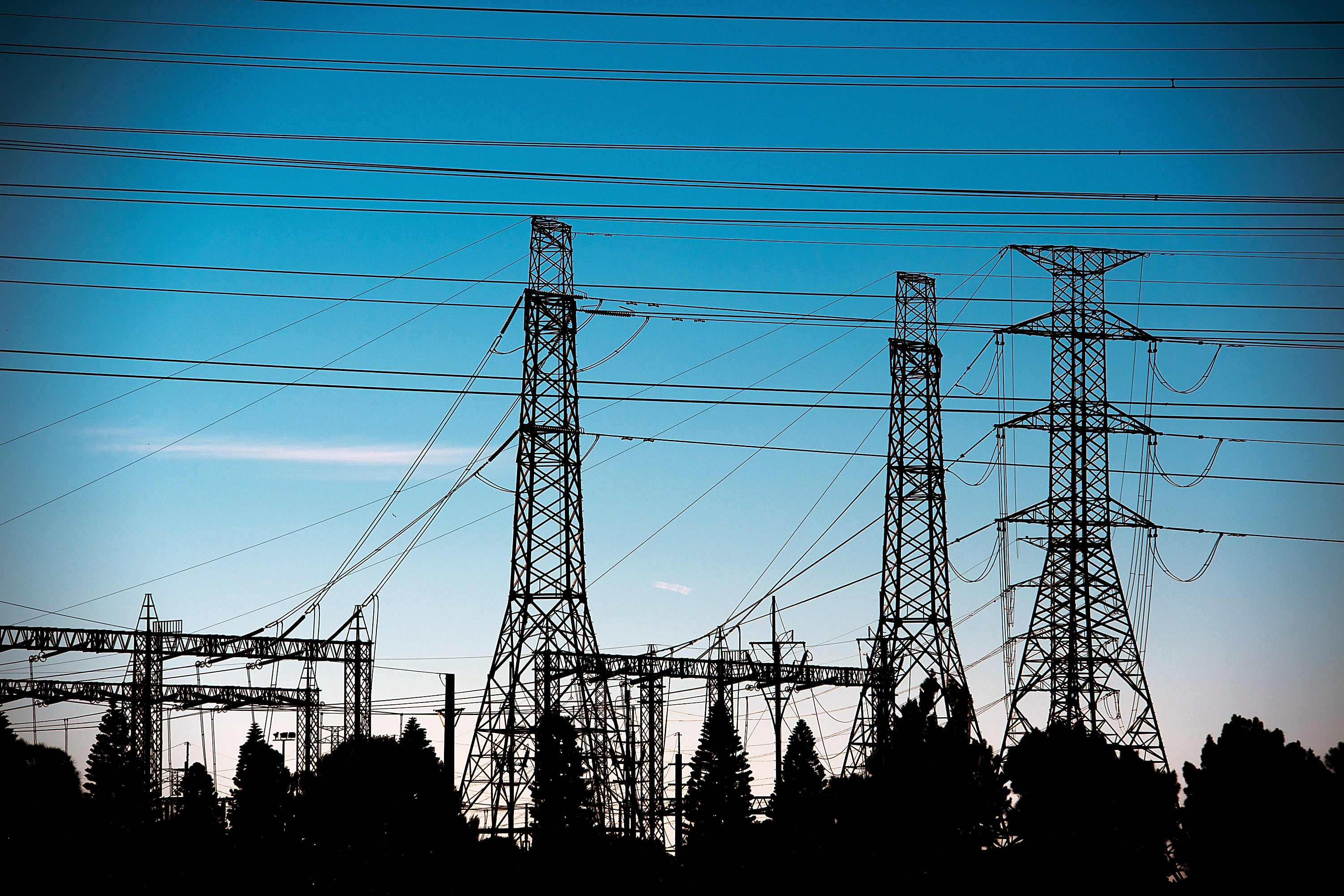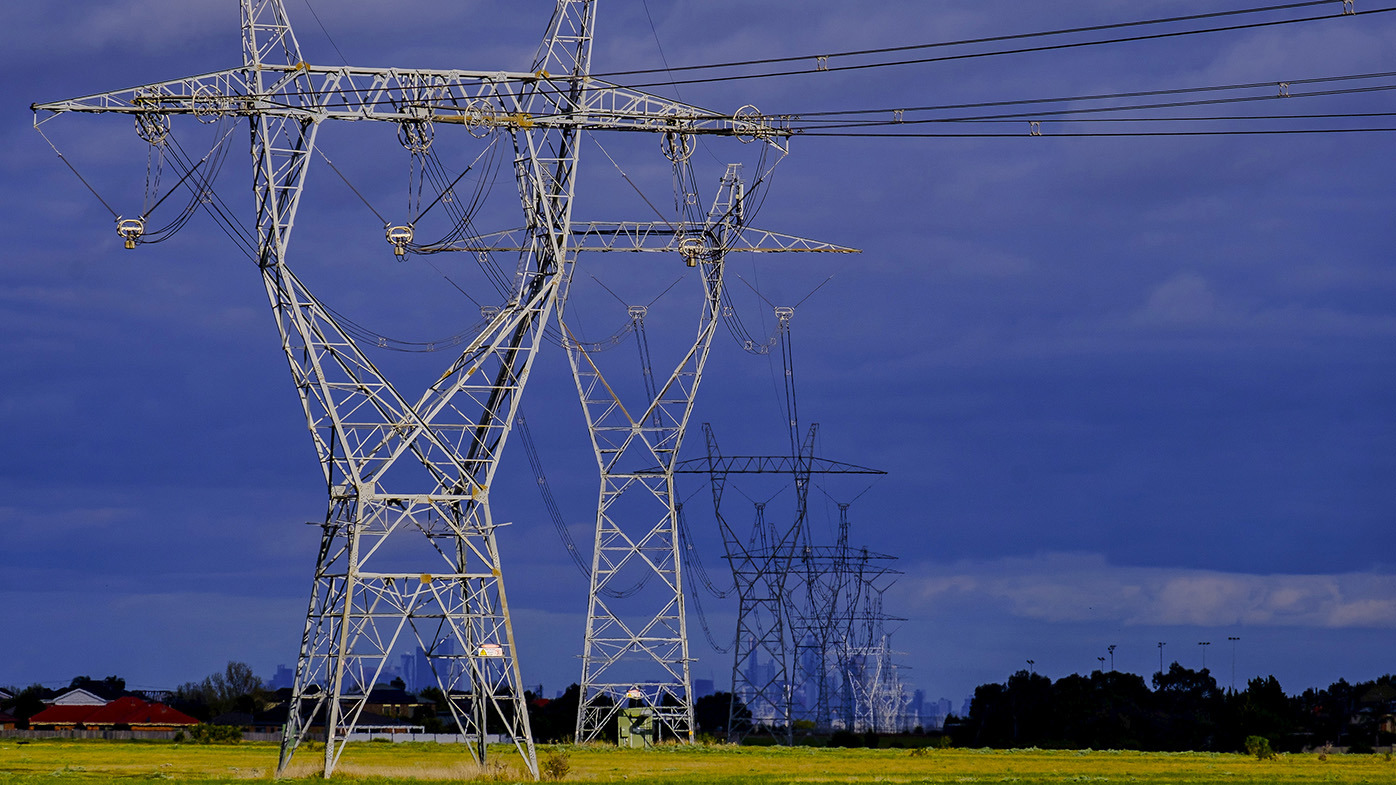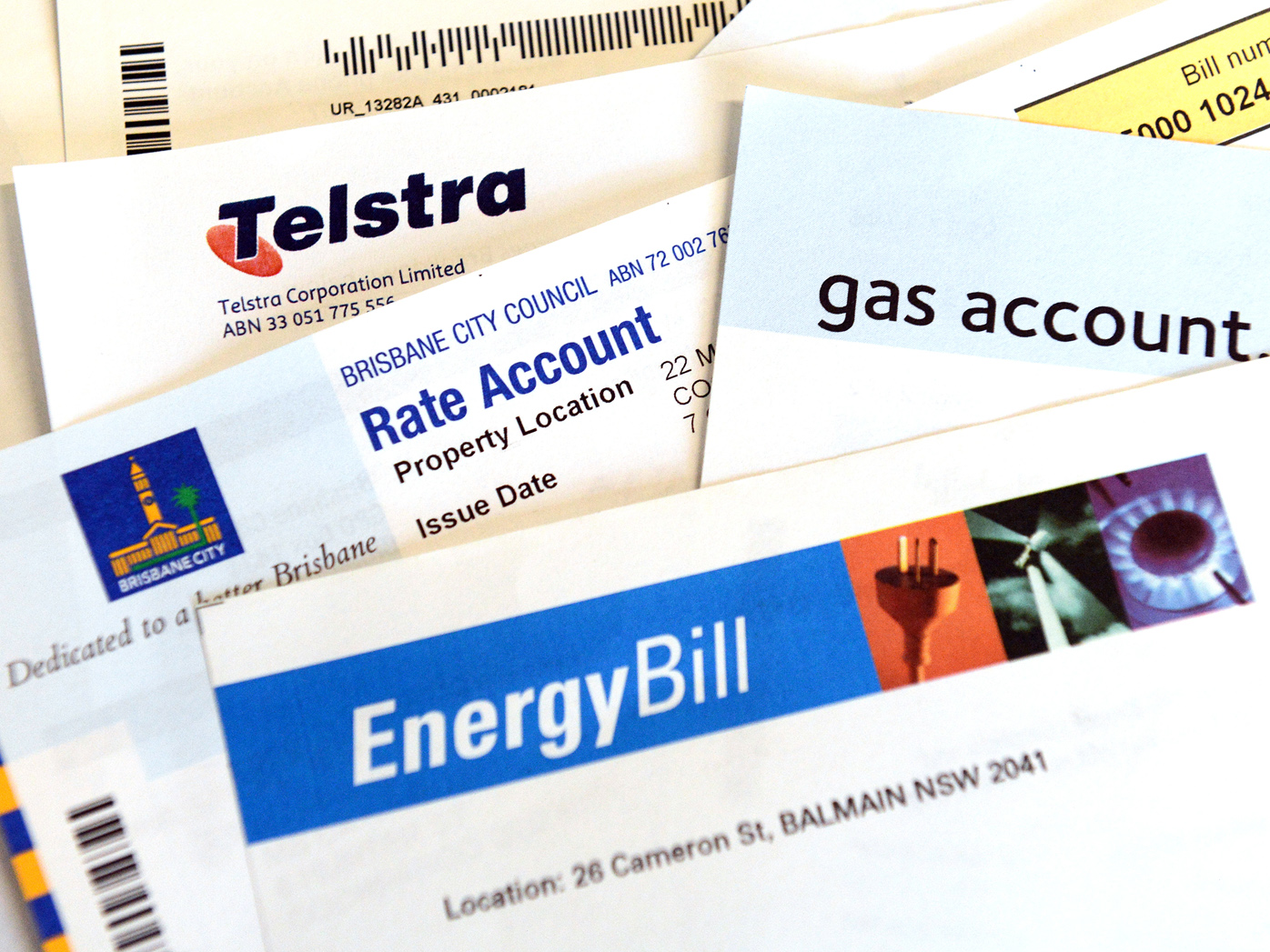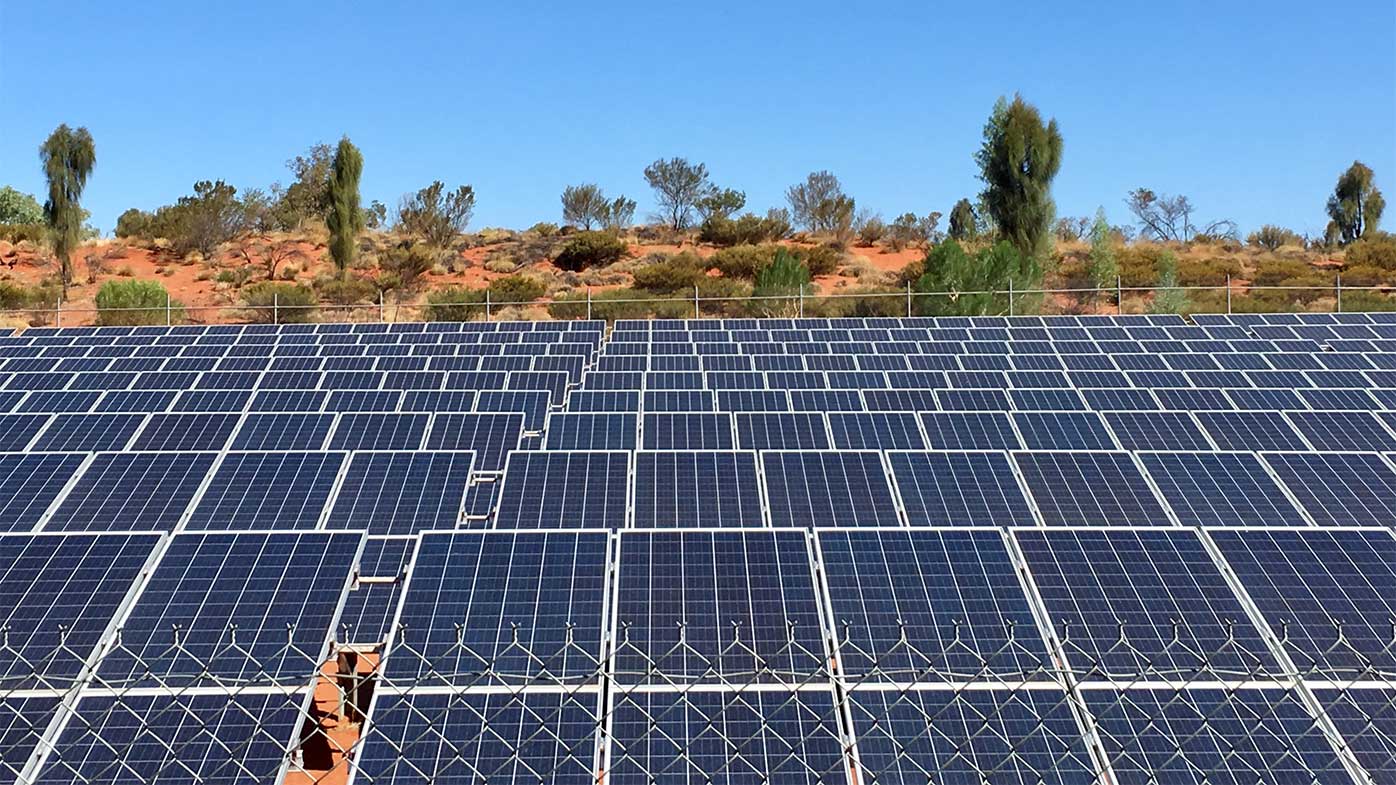Picture this: it's the peak of summer. Temperatures across Australia have finally warmed up, and people around the country are reaching for their fans and air conditioners – only to be stymied by the threat of rolling blackouts.
It might seem unlikely, but according to one energy and environmental economics expert, it's a genuine threat.
"I think we're more than likely going to have a repeat of June," Liam Wagner, associate professor at the Centre for Food and Resources at Adelaide Univesity, told 9news.com.au.
READ MORE: What is fusion and why could it be a clean-energy breakthrough?

"And I think it's going to be potentially even worse in January, February when the weather really kicks up."
The part of June Wagner is referring to is when the east coast was hit by power shortages, and the widespread blackouts residents were warned of were only averted when the energy regulator (the Australian Energy Market Operator, or AEMO) intervened.
"The guys at AEMO will be pretty stressed out in January," he said.
"And all the distribution network system operators are going to be doing rolling blackouts if it gets bad."
READ MORE: Food to remain expensive in 2023 - but good news for coffee drinkers

Wagner said we've been lucky to avoid similar scenarios so far this summer, as La Nina and other major climate drivers bring unseasonably cold temperatures. But that luck won't last forever.
"Because of unusually low temperatures, we may see a drop in the expected demand for this coming summer," he said.
"But only if we're lucky...
"The network was under a considerable amount of stress earlier in the year at the peak of winter. At the peak of summer, I think we could be in serious Flash Gordon trouble."
What's going to happen to energy bills in 2023?
If you're hoping for some cheaper power bills for Christmas this year, look away now.
Australians have been hit by rising energy prices for some time, but Wagner warns there's no end in sight.
"Prices are going to rise. And I think that they could rise quite significantly," Wagner said.
He estimates that, by this time next year, Australians will be paying an extra 10 to 20 per cent on their power bills, even if the growth in prices in the new year is only gradual to begin with.
Wagner says the increases are due to an energy system that relies on outdated coal-fired generators due to a policy vacuum in recent times.
READ MORE: NSW parents given $150 'back to school' vouchers in cost of living boost

"A majority of (coal-fired generators) are far too old to be operating," he said.
"But they are continuing to operate because we haven't had an energy policy in Australia that's conducive to replacing their capacity with something else.
"And as a consequence, we've got these old buckets of rust that are online, and at any given moment, they could go off."
The federal government recently announced a $1.5 billion package to cap energy prices and reduce bills, which will, in Wagner's words, "calm down prices on the wholesale market".
But he said more needs to be done, including adding more renewable energy to the grid.
"You would see a significant drop in price on the wholesale market (by) injecting more renewables into the grid," he said.
READ MORE: Shortage of these key tradies threatens Australia's green energy push

"It's not happening quickly enough. It should have happened 15 years ago. I've been shouting at the top of my lungs, I've been blue in the face for the last 15 years."
With the current system, Australians aren't likely to see cheaper power anytime even in the next two or three years.
"A real decrease (which takes inflation into account) is pretty unlikely for a few more years yet," he said.
"I think that if all governments move quickly enough, we will see a tapering off in growth and prices, but I still think it'd be a growth in prices.
"Unless, of course, they want to elbow deep into it and regulate price."
That would be a significant step – albeit something that's already done in some parts of the country, like North Queensland – but one Wagner says the current circumstances call for.
"Prices are escalating quickly. And, of course, it's a significant cost-of-living pressure. We're there now," he said.
"It's just whether the federal government and the state governments have the courage to do it."
Source: https://ift.tt/4zAiDRJ
Comments
Post a Comment